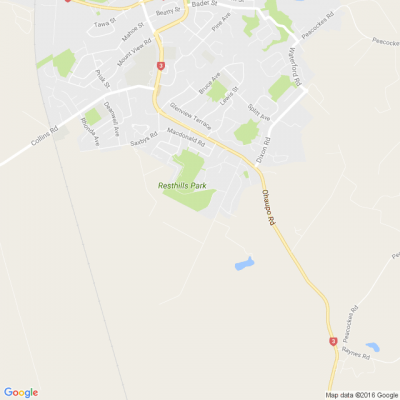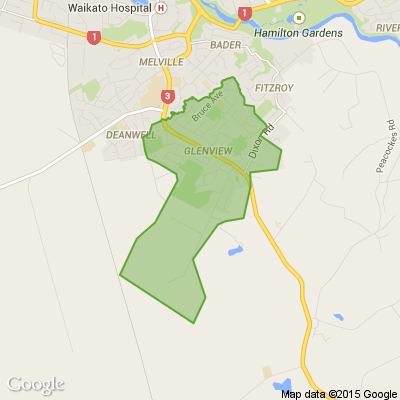Interested in learning objectively about the world's religious traditions?
EarthDiverse currently offers three distinct series of courses about religious behaviour and diversity, with each series consisting of four or more Terms. Any of these courses can be taken independently of the others as there are no prerequisites. Students can join our Religious Diversity classes at any time throughout the year. Courses are offered on a rotating basis with different courses offered each Term.
All courses are taught from an objective point of view. They are about religion and religious behaviour, taught from an anthropological and historical point of view, and are designed for participants to get a greater understanding of the depth and scope of the diversity that exists within the world’s various faith and belief traditions.
We're currently offering two distinct courses during Term 1, which begins the week starting Monday 15 February:
1. "Contemporary Beliefs and Practices"
Focuses on a comparative examination of the contemporary values and practices of the major world religions, and involves a critical exploration of lifecycle rituals and beliefs, from birth to death, food and clothing preferences, festivals and other activities associated with what religions do. In this course we look at selected topics in the contemporary practice of religion, focusing on a different topic each class, and view how each religion approaches that particular topic. Structuring discussions in this way allows us to focus on the similarities between the major world religions rather than on any perceived differences. Meets Friday mornings beginning 19 Feb 2021, 11:00am-1:00pm.
2. "Understanding Judaism"
This eight-week course, part of our World Religions series, provides a detailed introduction to the history, texts, beliefs and practices of the Jewish faith tradition. Meets Tuesday evenings beginning 16 Feb, 7:00-9:00pm.
A schedule of topics for each course is available on our website.

Create a Stunning Stain Feature Wall with Resene Colorwood
Transform your living room into a work of art with Resene Colorwood wood stains. Find out how to create your own stain feature wall with these easy step by step instructions.

Scam Alert: Fake information regarding December Bonuses from MSD
The Ministry of Social Development is reporting that fake information is circulating about new ‘December bonuses’ or ‘benefit increases’
If you get suspicious communication, please contact Netsafe.








 Loading…
Loading…